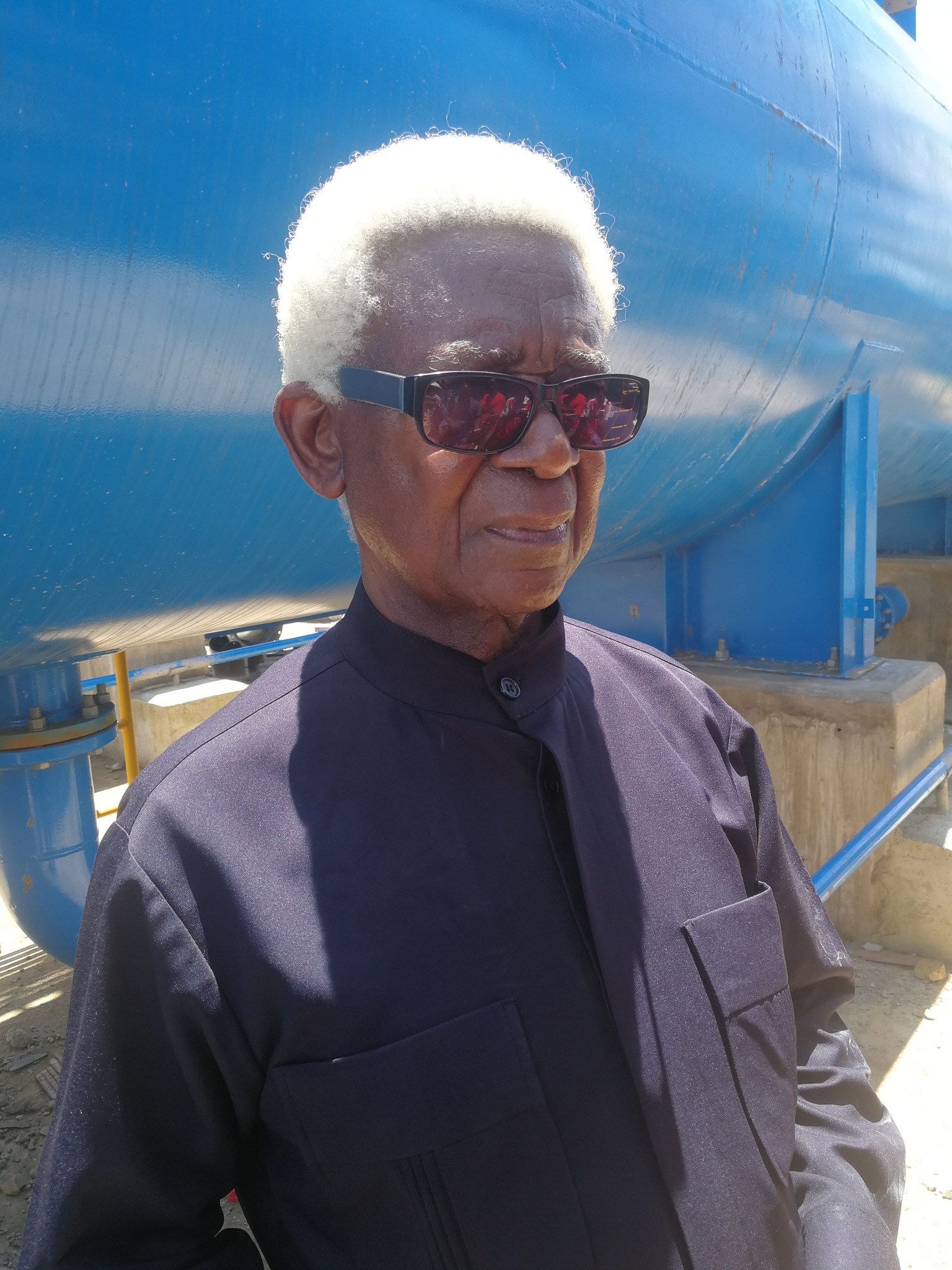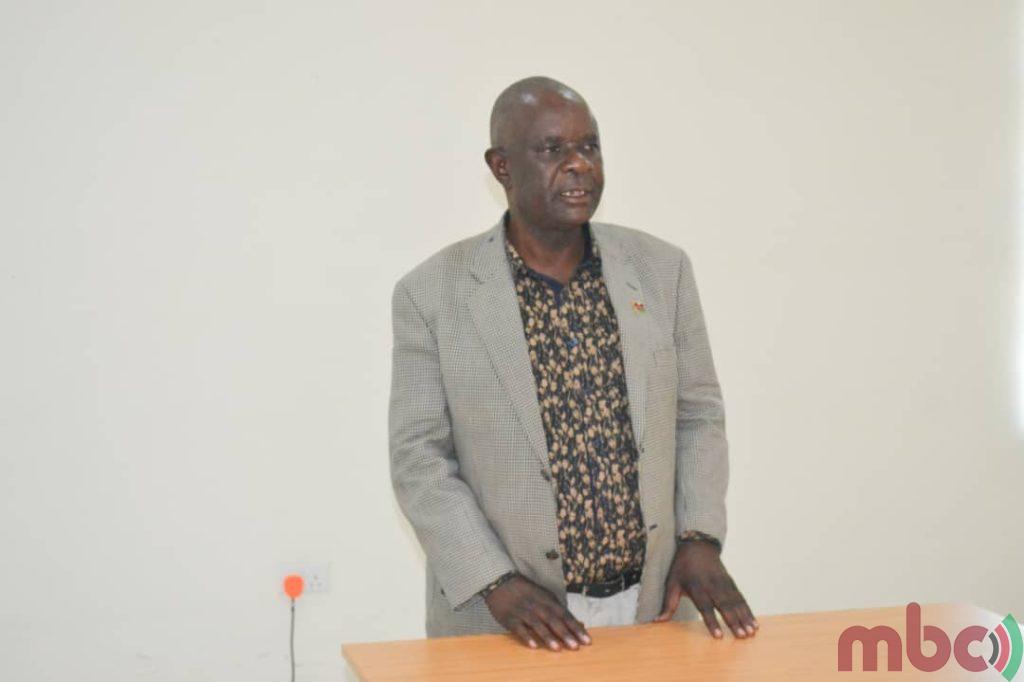Home • About Us


The local government authority responsible for governing Karonga District, located in the Northern Region of Malawi. The council oversees various services and development initiatives within the district, including education, health, agriculture, infrastructure, and community development.


To become a reliable public service provider


Our mission is to provide improved socio-economic services through full participation of all stakeholders in order to empower them and improve their standard of living


The council works to improve the lives of its residents by providing essential services, promoting economic growth, and addressing social challenges. It collaborates with government agencies, NGOs, and the private sector to implement development projects and ensure sustainable development in the district.



The local government authority responsible for governing Karonga District, located in the Northern Region of Malawi. The council oversees various services and development initiatives within the district, including education, health, agriculture, infrastructure, and community development.
The council works to improve the lives of its residents by providing essential services, promoting economic growth, and addressing social challenges. It collaborates with government agencies, NGOs, and the private sector to implement development projects and ensure sustainable development in the district.

The primary mandate of Karonga District Council is to:
To make policy and decisions on local governance and development for the District
To consolidate and promote local democratic participation
To mobilize resources within and outside the District
To promote infrastructural and economic development through District Development Plan
To make by-laws which facilitate its functions
To appoint, develop, promote and discipline its staff
To maintain peace and security in the district in conjunction with the National Police Service
The Karonga District Council is governed by a democratically elected District Assembly, which is the supreme decision-making body. The Assembly comprises elected ward councilors who represent the interests of their constituents. The day-to-day operations of the council are overseen by the District Executive Committee, which is chaired by the District Commissioner.
District Commissioner
Paramount Chief
Karonga District Council is organized into several directorates, each with specific mandates to ensure effective service delivery and development planning in the district.
Coordinates development planning, project implementation, and monitoring. Develops the District Development Plan (DDP) and ensures alignment with national policies such as Malawi 2063 and MIP-1.
Delivers primary healthcare, disease prevention, and emergency health responses. Oversees health staff, infrastructure, and supplies to ensure quality health service delivery.
Promotes economic empowerment through trade, SME development, cooperative support, and facilitation of local investment and market linkages.
Enhances food security, promotes climate-resilient agriculture, irrigation development, fisheries, forestry management, and environmental conservation programs.
Oversees financial planning, budgeting, accounting, revenue collection, and internal audit functions. Ensures compliance with financial laws and supports council-wide operations.
Manages all education institutions in the district including primary and secondary schools. Promotes access to education, teacher deployment, inspection, and youth/sports development.
Implements climate change mitigation and environmental protection activities, including waste management, DRM, and compliance enforcement for development projects.
Coordinates social protection programs (e.g., SCTP), community engagement, and supports vulnerable groups such as the elderly, disabled, and orphans.
Karonga District- Northern region of Malawi, lying along the western shores of Lake Malawi and is about 600 km north of Lilongwe, the capital city of Malawi.
The district spans an area of approximately 3,355Km2, borders with Rumphi in the south and Chitipa lies to the west.